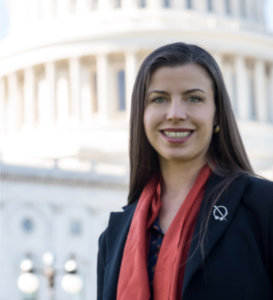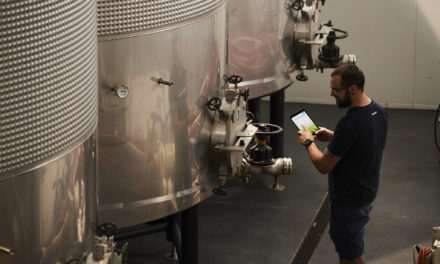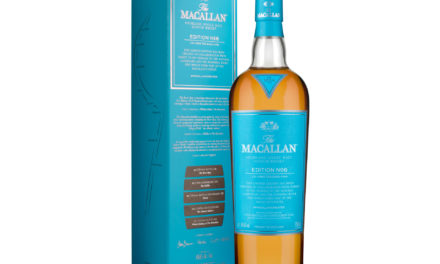
Tara Good, WineAmerica
When you’re out at a tasting room, bar, or restaurant, you’re probably paying more attention to what’s in your glass than what’s playing over the venue’s sound system or being performed by a live musician in the corner. But before it can legally broadcast any song, a facility that welcomes the public needs to buy the song’s performance rights from a performing rights organization (PRO), which represents the person or people who wrote it. The problem is, any given piece of music can have dozens of collaborators (including songwriters, performers, producers, and sampling, for example), and our current music licensing system doesn’t make it easy to figure out which PRO represents whom.
To make matters worse, there are several PROs in operation internationally, but currently there’s no central, comprehensive place for small businesses to find the information they need to buy the right license from the right PRO. Venue owners have to navigate a patchwork of incomplete (and often out-of-date) databases. This lack of transparency puts venue owners in a lose-lose position. Without the tools to find and choose the correct music licenses, venues that play music could face serious legal consequences and fines. Some small business owners resort to paying licensing fees to all major PROs to make sure they’re covered, but not everyone can afford to do that. Many have resorted to not playing or hosting music at all.
That doesn’t just hurt craft beverage venues such as wineries, breweries, cideries, and distilleries. It deprives customers of the opportunity to enjoy music and, more important, it hurts working musicians who earn their living by playing local gigs. If that sounds bad, hang on to your corks: The government is considering a move that would make music licensing even harder than it is now.
Why it matters
PROs have a lot of power, which they’ve abused in the past. Because of this, the government established rules forcing ASCAP (American Society of Composers, Artists, and Producers) and BMI (Broadcast Music, Inc.), which together represent 90 percent of all musical compositions, to play fair. Now, Department of Justice Antitrust Chief Makan Delrahim wants to scrap those rules.
If music licensing rules go away, it would mean chaos for the whole marketplace. The prospect of removing these rules should leave a bad taste in the mouth of everyone who cares about music or small businesses. If those in charge of licensing music were free to issue licenses how and when they choose, instead of abiding by a standard set of rules that apply equally, it would be devastating for mom-and-pop venues. Even streaming services (which many businesses opt for because a single subscription fee covers all permissions) and traditional broadcasters could be hard-pressed to afford the correct licenses.
The rules keeping ASCAP and BMI in-check are still in place…for now. For the sake of the music licensing marketplace—for wineries and small businesses across the country, for local musicians, and anyone who enjoys music—please join WineAmerica and venue owners throughout the nation in calling on the Department of Justice to leave in place what few protections small business owners have. Sign the letter now at mic-coalition.org/KeeptheDecrees.
Tara Good is vice president of WineAmerica, the National Association of American Wineries. WineAmerica is an industry advocacy group that represents more than 600 members to encourage the dynamic growth and development of American wineries and winegrowing through the advancement and advocacy of sound public policy. As part of the government affairs team, she represents the American wine industry on Capitol Hill. In addition to legislative work, she manages operations for WineAmerica, communicating with and growing the organization’s diverse membership. She has been quoted in articles and spoken at industry conferences nationwide.
Press releases are generated outside of Spirited magazine and the information contained does not necessarily reflect the opinion of Spirited or its parent company, Sonoma Media Investments.











